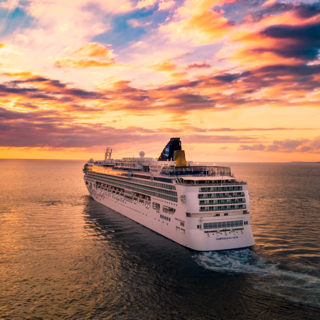
by Janet Denison | Oct 18, 2022 | Blog
In 1988, Jim was a professor at the seminary and was asked to become the interim preacher for First Baptist Midland. He flew out each weekend to preach on Sundays. Eventually, the kids and I traveled to Midland with him. My oldest son, Ryan, was two at the time and...

by Janet Denison | Sep 13, 2022 | Blog
Yep. I said it to get your attention. For my whole life, I have used the letters “HS” as an abbreviation for “Holy Spirit.” Like a lot of things in our English language, apparently those letters are now a texting term that means something VERY different! Last week,...

by Janet Denison | Aug 7, 2019 | Blog
I considered taking another week off but knew I should write. I need to say something you are unlikely to hear or read about in the news. I don’t want to speak about the sins of the El Paso shooter. Instead, I want to speak about the sins of the saints, myself...




